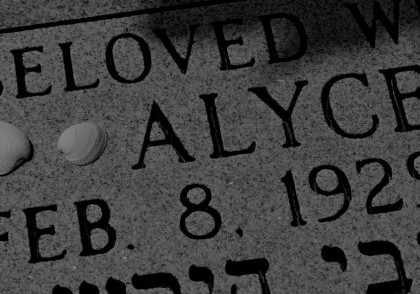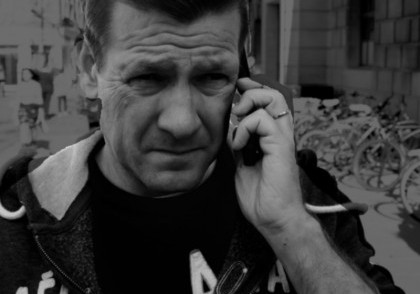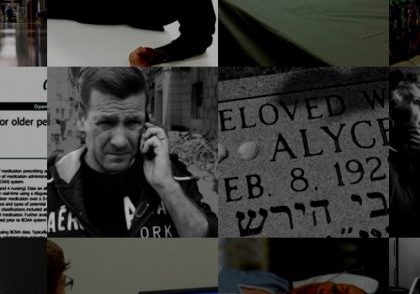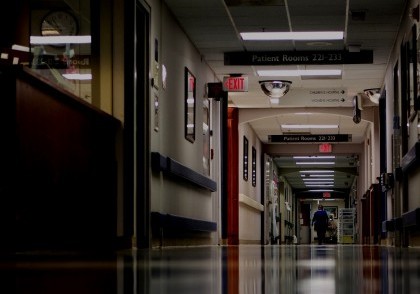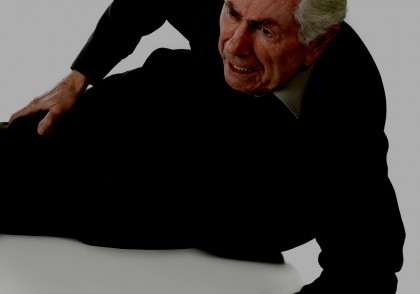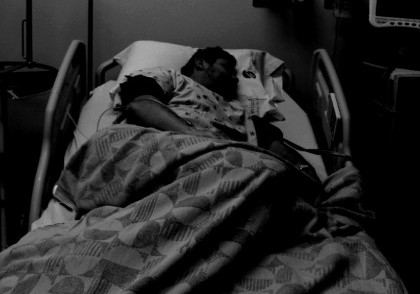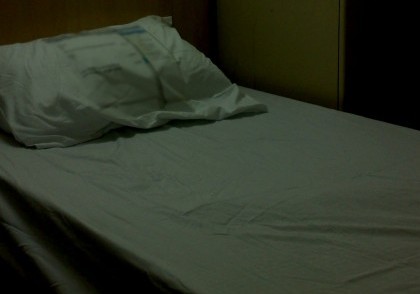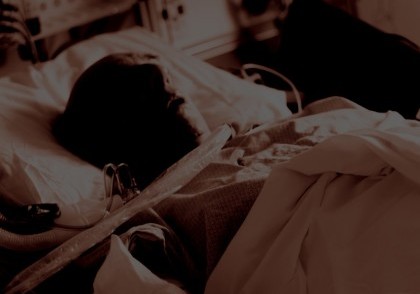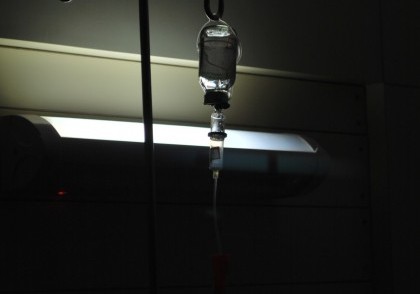If your loved one has suffered a fall while in a nursing home, you may have a lot of questions. This page will address some of the frequently concerns that our firm encounters in this type of case.
How Do Nursing Home Falls Occur?
A fall can occur for any number of reasons. One reason that a person may fall is if he or she is taking certain kinds of medication, a side effect of being on that medication, such as dizziness, could cause that individual to lose balance. A fall may also be caused by environmental hazards such as uneven floors, poor lighting, spills that have not been cleaned up, or furniture that is in disrepair. Another reason that people may fall is if they were not being properly taken care of. For example, if a nursing home resident may assistance to use the restroom. If his or her calls for help are not unanswered in a timely manner, or at all, the resident may fall while attempting to go to the bathroom by him or herself.
What Injuries Can Result From A Nursing Home Fall?
According to the CDC, "[f]alls are the leading cause of fatal and nonfatal injuries among adults aged ≥65 years (older adults)." A person who falls can end up with a range of different injuries. Falls can result in broken bones, including a broken wrist, ankle, hip, or arm. A individual who breaks a bone may have to deal with months of rehabilitation or the injury may be so significant that it results in a permanent disability. A fall can also result in a head injury, which can be extremely serious depending on the extent of the injury.
In addition to these physical injuries, a nursing home resident who falls may become afraid of falling again. That individual may then limit their activities in order to prevent it from happening again in the future.
What Steps Can Be Taken To Prevent A Nursing Home Fall?
One thing a nursing home can do to prevent falls in its facility is implement a fall prevention program, with the goal of reducing falls and providing proper care for residents who do fall. There are a number of different fall prevention programs that have been developed by various institutions. For example, the Agency for Healthcare Research and Quality has created the Fall Management Program, which is designed to "assist nursing facilities in providing individualized, person-centered care, and improving their fall care processes and outcomes through educational and quality improvement tools."
There are also fall prevention programs that elderly patients that are capable of doing so can participate in. The National Council on Aging lists a number of these types of programs on its website.
Who Can Be Held Responsible For A Nursing Home Fall?
The party or parties that can be held liable for fall in a nursing home will depend on the facts and circumstances of the case. In general, employers can be held liable for the actions of negligent employees. Thus, if a nursing home resident falls due to a lack of care by the nursing home staff, then that patient may be able to hold the staff member's employer liable for its employee's negligent actions.
What Compensation Can Be Recovered For A Nursing Home Fall?
If a nursing home is found liable for a resident's injuries, that resident can recover damages from the facility. What damages are appropriate will depend on the facts and circumstances of each individual case. Generally, damages can be broken up into two main categories, compensatory damages and punitive damages. Compensatory damages are designed to compensate the plaintiff for his or her losses that resulted from the injury. These include things like medical bills, lost wages, pain and suffering, and loss of consortium. Punitive damages, by contrast, are meant to punish the defendant for his or her conduct and deter similar conduct in the future. Punitive damages are typically awarded only if the behavior was particularly egregious or reprehensible.
What Rights Do Nursing Home Residents Have?
In New York, nursing home residents are afforded certain rights. According to the New York State Department of Health, nursing home residents have the right to:
Dignity, respect and a comfortable living environment
Quality of care and treatment without discrimination
Freedom of choice to make your own, independent decisions
The safeguard of your property and money
Safeguards in admission transfer and discharge
Privacy in communications
Participate in organizations and activities of your choice
An easy to use and responsive complaint procedure
Exercise all of your rights without fear of reprisals.
Click here to learn more about Resident Rights in New York.
What Remedies Does A Nursing Home Resident Have If His Or Her Rights Are Violated?
If a nursing home resident's rights are violated, then that individual can bring a personal injury lawsuit or they can bring a claim under the Public Health Law, section 2801-d. This statute creates a private right of action for an individual who's rights were violated while he or she was a patient at a residential health care facility. The statute provides for certain things such as minimum damages, punitive damages, and attorney fees.
Contact An Attorney
If your loved one has fallen at a nursing home facility in New York and you suspect that their fall was the result of negligent care, call the law firm of Dalli & Marino today for a free case evaluation. Our attorneys have extensive experience fighting on behalf of those who have been subject to abuses while in residential care facilities. You can contact us by phone at (888) 465-8790, or click here to fill out our online form.
Case Study – [MC]
“But for that dosing error… Mom would still be with us.” DATELINE…
Case Study: Wrongful Death
Nursing Home Abuse: Case Study 19: Wrongful Death in a Nursing Home
Case Study: Nursing Home Abuse — From a Distance
You can’t be there every minute. But what of the warning signs for nursing home abuse?
Cases of Nursing Home Abuse
Review our portfolio of case studies covering numerous aspects of nursing home abuse: falls, bedsores, over-medication, neglect.
Case Study: Where is Everyone?
Nursing Home Abuse Case Study: Understaffing or neglect in a nursing home can cause severe loneliness, depression, loss of appetite or ignore health warning signs.
Case Study: Nursing Home Falls
Nursing Home Abuse: Despite best practices intended to reduce the incidence of falls, they remain a common cause for nursing home injuries.
Case Study: It Starts with Bruising
Nursing Home Abuse: Bedsores caused by neglect
Case Study: Nursing Home Bedsore
Nursing Home Abuse: Bedsores can lead to fatal complications, including organ failure and even cancer.
Case Study: I Never See A Doctor When I Request One
Nursing Home Abuse Case Study: Patients fail to receive prompt attention from nursing home physicians.
Case Study: Medication Error
Nursing Home Abuse Case Study: A medication error leads to dangerous health complications or death.
